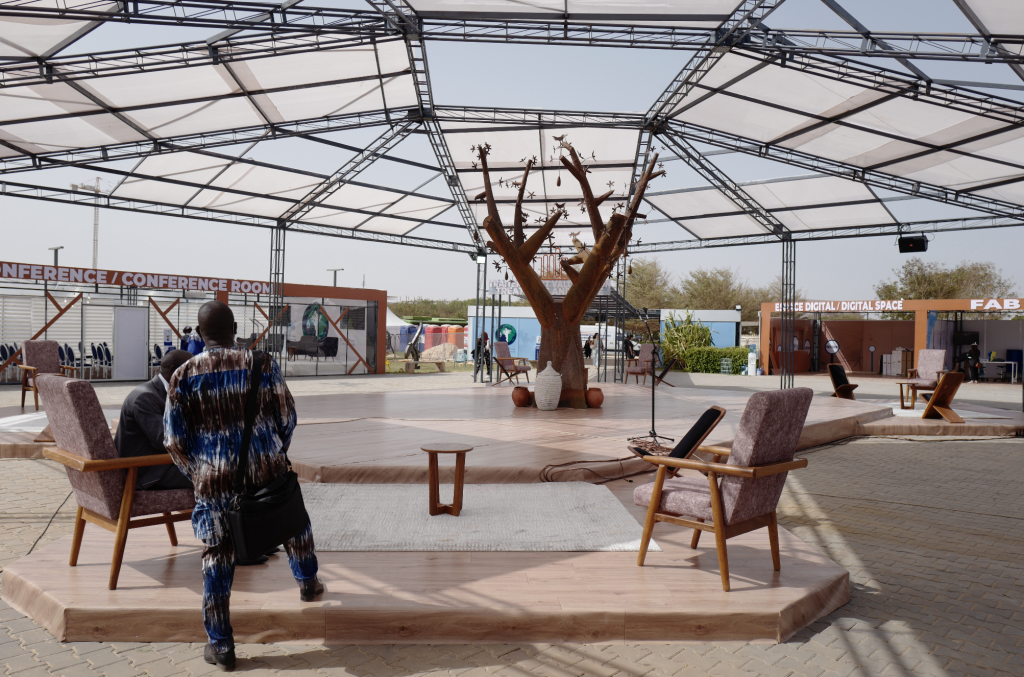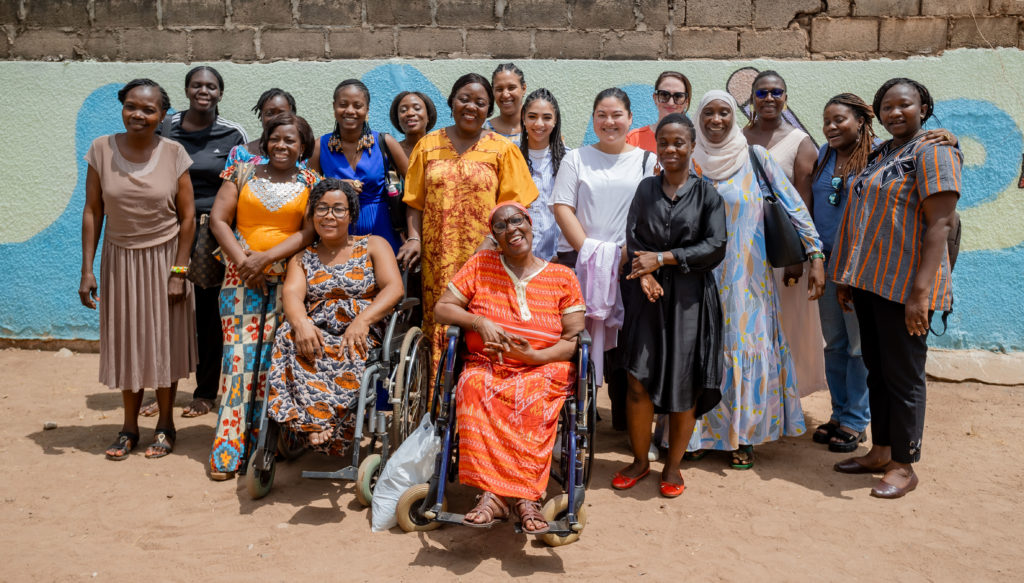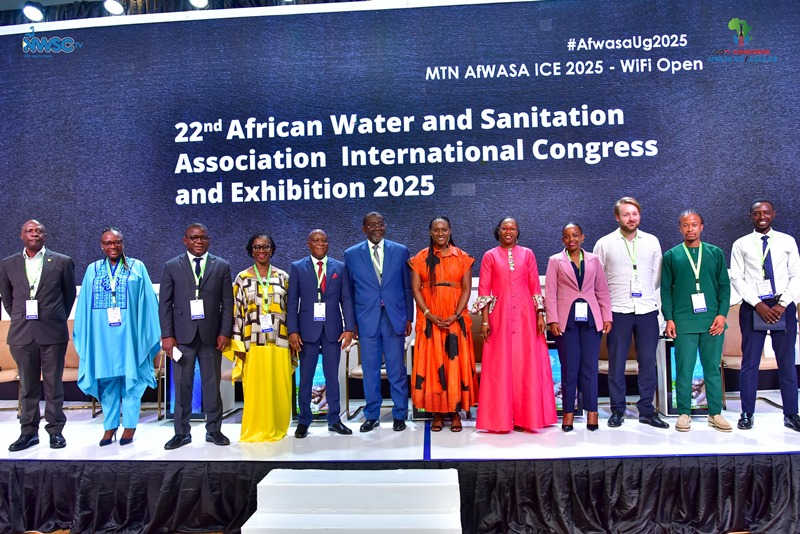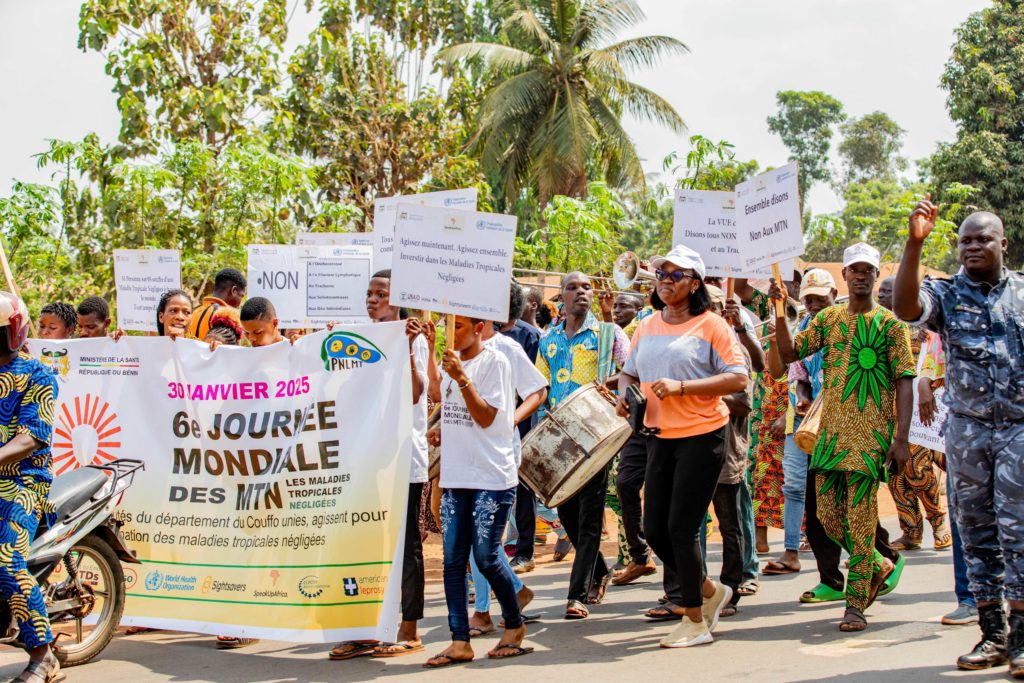The Sanitation Village: an Innovation-Led Platform for the Achievement of SDG 6.2

For the first time, the World Water Forum is hosted in Sub-Saharan Africa, in Dakar, Senegal. And it is a timely but stark reminder of how the world is slipping behind its commitment to achieving universal access to safe sanitation by 2030.
Globally, the World Bank estimates that 2.4 billion people live without access to basic sanitation. Of these, 760 million live in Sub-Saharan Africa. More than 200 million people across the continent still practice open defecation. With numbers increasing in some countries, service providers fail to keep pace with population growth. As a result, the World Health Organization (WHO) reports two million deaths annually, with children under five years old.
Access to safely managed sanitation is crucial for women and girls, and those living in vulnerable situations. Lack of sanitation management leads fecal sludge to be dumped in the living environment causing preventable and treatable endemic diseases such as neglected tropical diseases, malaria among others. Labelled as “the Forum of Responses,” this 9th World Water Forum provides an opportunity for Africa to present its solutions and responses; and for the first time ever sanitation is considered among the priority issue. As Senegal is considered a leader in the sanitation sector, both regionally and internationally, platforms are created for the community to propose sustainable solutions.
The prioritization of sanitation has led to the establishment of the Sanitation Village, a major innovation in World Water Forums. For the first time in history, sanitation has a dedicated space. The village of 24 stands and exhibitors witnessed the signing of a partnership agreement between the Government of Senegal and the Bill and Melinda Gates Foundation on the first day of the Forum in the presence of Mr. Serigne Mbaye Thiam, Minister of Water and Sanitation of Senegal.
In the «Golden Sludge» space of the village, the visual artist Caroline Gueye was painting a triptych called «Boues d’Or et Bouts d’Arbre» (Golden Sludge and Tree Trunks) throughout the day, while at the entrance to the village, we were exhibiting pictures by the talented Senegalese photographer Laye Pro, highlighting the entire value chain of the sector.
The Village aims to strengthen advocacy and actions for the implementation of tangible responses to accelerate universal access to safely managed sanitation. Furthermore, it is a space for stakeholders to call for stronger actions towards the achievements of regional commitments and Sustainable Development Goal (SDG) target 6.2. As an integral part of the 9th Forum’s major exhibition, the Village is a platform for advocacy, awareness raising, exchange, and learning on sanitation and hygiene, promoting ongoing innovations in sanitation, and mobilizing actors for the call to action.
For Speak Up Africa, we believe African nations must develop the solutions needed to tackle African health challenges. And thus, it is natural for us to focus on awareness, prioritization, and commitment to improving access to adequate and equitable sanitation for all in Africa. Through platforms such as the World Water Forum, and the Sanitation Village, Speak Up Africa convenes its partners, ranging from the private sector to civil society including decision-makers and the media for multi-stakeholder discussions to raise the profile of sanitation. A total of eleven sessions and side-events were organized in the Village with more than 700 participants attending.
On the side-lines of the World Water Forum, the Minister of Water and Sanitation of Senegal, Mr. Serigne Mbaye Thiam has officially launched and endorsed Speak Up Africa’s Golden Sludge Campaign. A campaign aiming to reinforce awareness-raising, prioritization, and political commitment through the implementation of equitable and inclusive sanitation policies. This campaign will enable Speak Up Africa to support African countries in addressing these challenges and creating an enabling environment for safely managed sanitation in Africa.
With less than eight years left to achieve the Sustainable Development Goals, we are convinced that through initiatives such as the Sanitation Village is possible to identify the best and most adapted solutions to the African context and realities.
Furthermore, it is also a key determinant for sustainable food production, industrial development, and urbanization. But critical questions remain. How to recover resources from waste? What is each actor’s role along the sanitation value chain? How can contextual systems be installed for sludge and solid waste disposal and treatment? And above all, how can we encourage more women to take charge and inform the solutions for Africa’s sanitation issues.
The 9th World Water Forum provides a platform for responses to all these issues as we continue to rethink our approach to the various challenges upon us, the best practices, and initiatives to our different contexts.
By Yacine Djibo, Executive Director, Speak Up Africa


